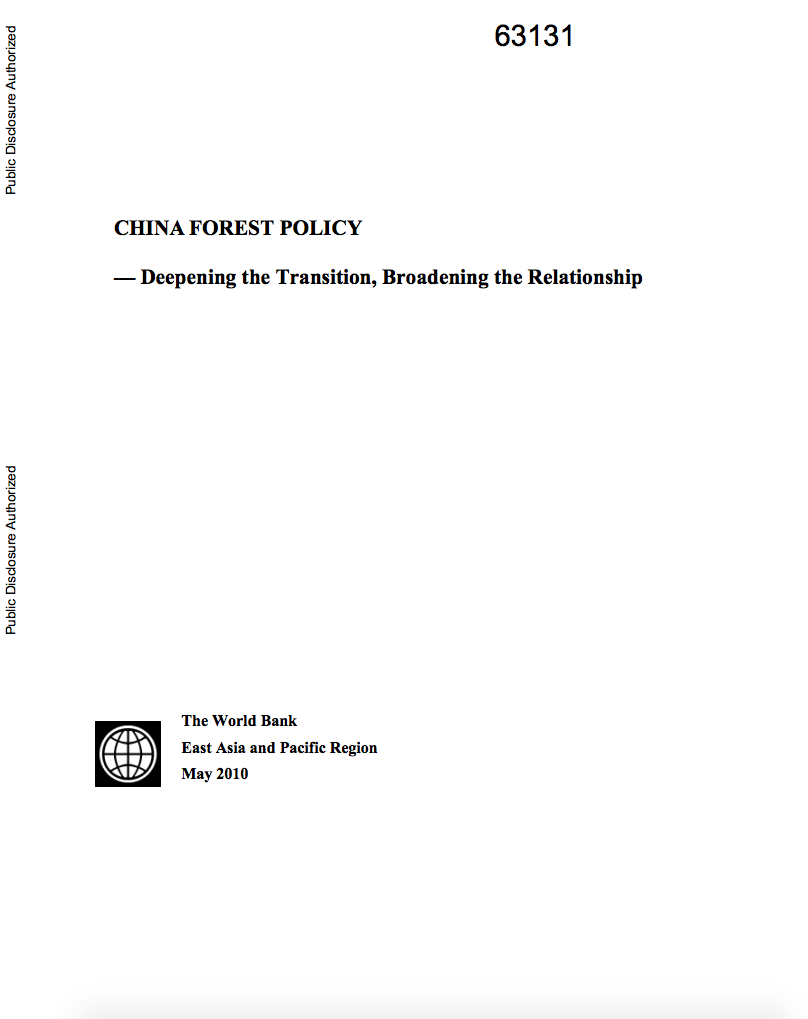Kosovo - Unlocking Growth Potential : Strategies, Policies, Actions -
A Country Economic Memorandum
Kosovo's economic growth in the
past decade has been solid, yet, with a gross domestic
product (GDP) per capita of 1,760, the country remains one
of the poorest in Europe. The end of the conflict, output
was growing at double-digit rates, driven by the
donor-funded reconstruction efforts. Since 2005, annual
growth has decelerated to below 5 percent. However, the
other countries in Southeast Europe have been growing


